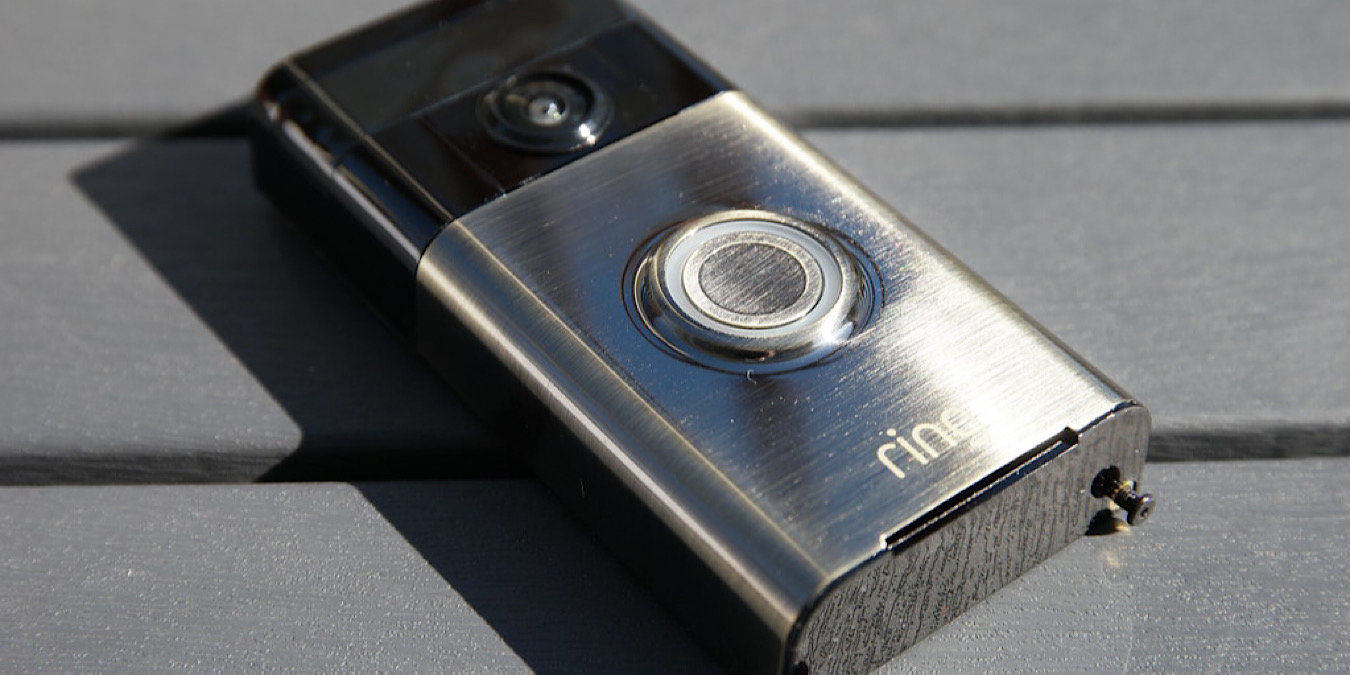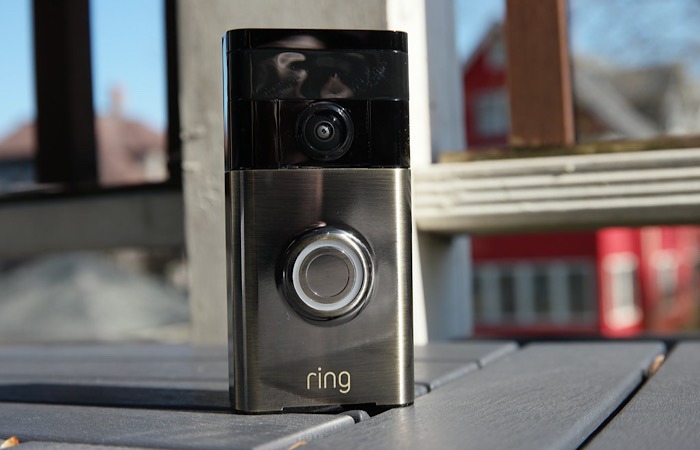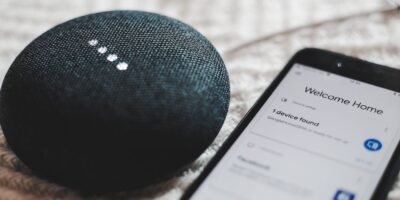
There have been many people upset to find that Amazon was partnering with the police, allowing them to use their customers’ Ring Doorbells for surveillance. Many people find it a breach of their privacy.
More than 30 civil rights groups find fault with it as well. They signed off on an open letter to elected officials, asking them to end this partnership. Included in these groups are CAIR, United Church of Christ, and United We Dream.
Effort to End Partnership
These civil rights groups believe that “with no oversight and accountability,” these partnerships between the police and Amazon Ring Doorbell “pose a threat to privacy, civil liberties, and democracy.”
They clearly laid out their concerns. One is that once the surveillance footage from the Ring Doorbells is collected, the stored footage could be used by police to conduct facial recognition searches, target protesters, arrest teenagers for minor drug offenses, or shared with other governmental agencies such as the FBI or Immigration and Customs Enforcement.
Another concern is that this technology gives Amazon employees and contractors access to customers’ live camera feeds, allowing them to look inside their homes, as these cameras are sometimes used to watch over babies and pets.
They also don’t believe that Amazon has been honest about its plans to integrate facial recognition in the Ring cameras. Since that technology has been shown to misidentify people of color, women, and transgender people, it “further compounds existing civil liberties concerns and expands suspected criminality centered in racial profiling and gender bias.”

Individuals from these groups sounded off individually as well. Evan Greer, deputy director of Fight for the Future noted that “Amazon has created the perfect end run around our democratic process by entering into for-profit surveillance partnerships with local police departments.”
Myaisha Hayes, national organizer on Criminal Justice & Tech at MediaJustice feels that “Ring will undoubtedly digitze discriminatory ‘neighborhood watch programs,’ which in so many segregated communities, have always targeted and labeled Black and Brown people as suspicious.”
“Amazon Ring-police partnerships tangle up taxpayer supported public servants into the profit-driven mandates of a private corporation,” noted Tracy Rosenberg, executive director of Media Alliance.
Mike Katz-Lacabe, Oakland Privacy, laid it out by stating, “Law enforcement should not be able to use private companies to engage in surveillance that has not been discussed by the community, approved by elected representatives, and that they don’t have the budget to conduct with their own resources.”
“Neighbors Spying on Neighbors”
Sue Udry, executive director of Defending Rights & Disset, summed it up by stating, “The exceedingly warm embrace of Amazon Ring by local police will go down as one more sorry chapter in the Big Brother annals. Let’s call it what it will become: neighbors spying on neighbors in the service of the police, free from any bothersome constitutional restraints.”
Certainly it seems Amazon should not be able to give away your rights to your private camera footage without alerting you first and getting your permission. There are certainly people who would have opted for a different surveillance camera had they known their footage would be given to the police.
What do you feel about this issue? Do you think the civil rights groups have a case? Tell us how you feel about the Ring Doorbell-law enforcement partnership in the comments below.
Image Credit: Ring Video Doorbell, Ring Video Doorbell









